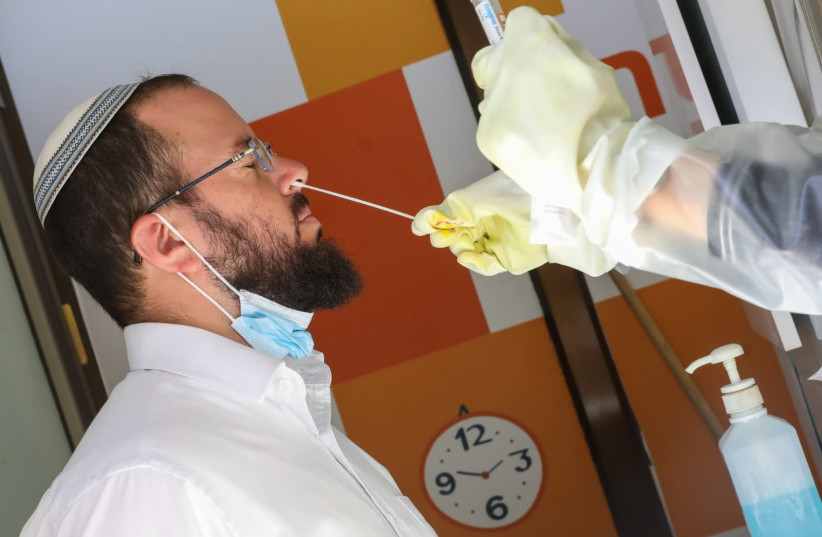Having had COVID-19 may negatively alter one's performance at work, even after recovering from the initial illness, according to a new Canadian study.
University of Waterloo researchers collected data from a sample of 94 full-time working adults who either had or had not contracted COVID-19 at least a month prior to the study. Both groups were matched on fundamental demographic characteristics.

Results, which were published May 25 in the journal Scientific Reports, indicated that participants who had contracted COVID-19 reported more cognitive failures at work, which are defined as problems with memory, attention and action.
“Individuals returning to work after contracting COVID-19 may experience difficulties returning to their pre-COVID-19 level of performance."
James Beck
Moreover, cognitive failures were reported to be associated with decreased self-ratings of job performance, as well as increased intentions to voluntarily leave one’s current job.
Researcher James Beck, an associate professor in Waterloo’s Psychology Department, noted that the findings have important implications for companies and employers.
“Individuals returning to work after contracting COVID-19 may experience difficulties returning to their pre-COVID-19 level of performance, and accommodations may be necessary," Beck said. "These accommodations might include reducing workloads, extending deadlines, or providing flexible work arrangements.”
A previous study, published in April by the University of California Los Angeles (UCLA) found that 30% of people treated for COVID-19 developed Post Acute Sequelae of COVID-19 (PASC), most commonly known as “long COVID.” Patients describe the condition as brain fog, which includes short-term memory and attention disorders.
